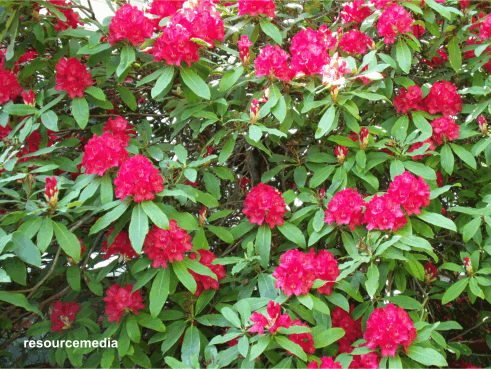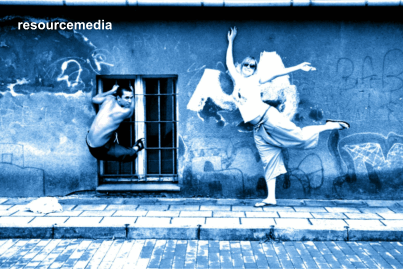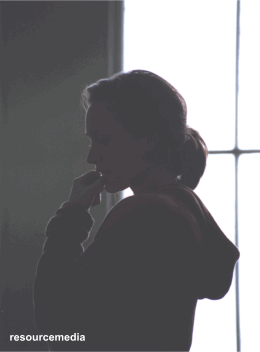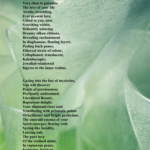-
Brilliant May flowers….
-
a stunning backdrop
- Brilliant May flowers….
- a stunning backdrop
The Present
Right now, we’re very much heads down getting ReSource ready for press, so I’m deeply engrossed in putting all the personal and business development articles together, honing with images and fine tuning.
Like most people, that can mean I don’t take time to look up from the screen and take in what’s around me to see what’s happening (following on from yesterday’s post, even what’s changing, evolving or transforming…!) We can tend to take things (and people) for granted, and not notice how much they contribute to making our lives a more joyful, beautiful or easy place to be.
Last week the view from my study window was filled with green, albeit there were clusters of tight buds on the rhododendron bush which is now so large it fills the foreground. This week with the sunshine it’s burst into full flower, transformed, even, and because I know it will be relatively short-lived, I made a point of going out and taking some photos to capture what’s right under my nose that’s giving me such a lovely outlook.
My thinking was that it might rain, that it was windy, and the flowers might therefore get battered and bruised more quickly, and I’d miss the moments of pristine beauty. So it was ‘carpe diem’ and off I went, results shared below.
Take just a minute to look around you, to think and consider –
what’s or who’s under your nose that you’re not fully appreciating.
What can you capture from today as it is, in this moment,
and express your gratitude for the present of the present?















